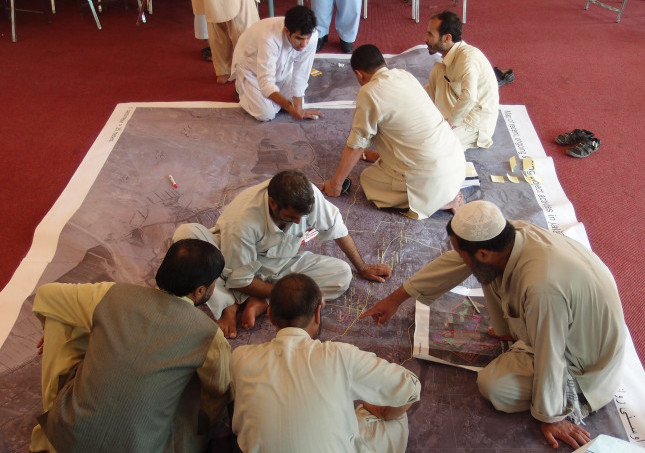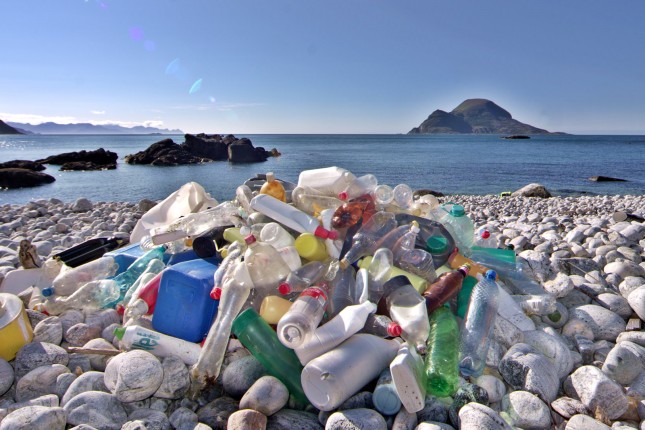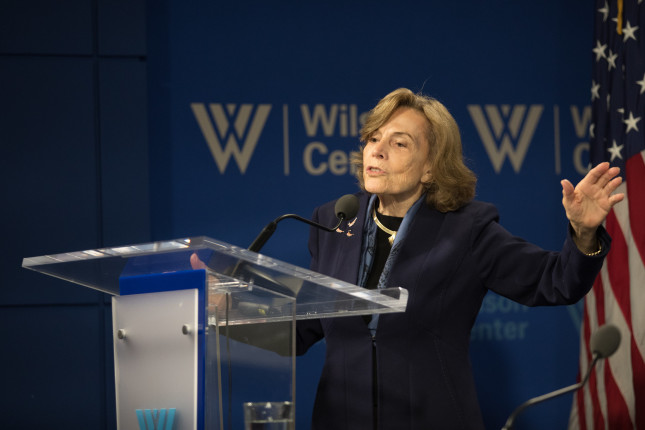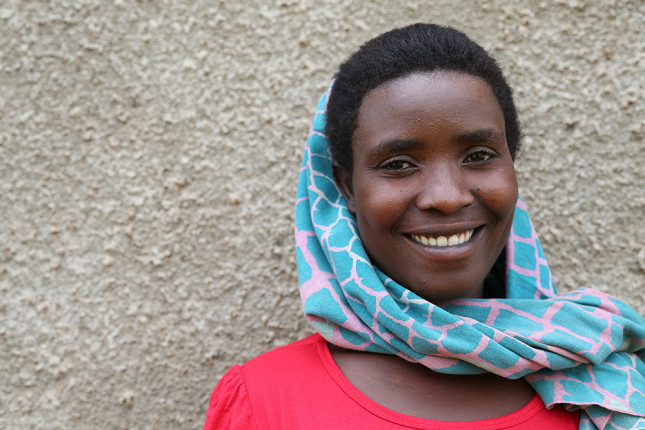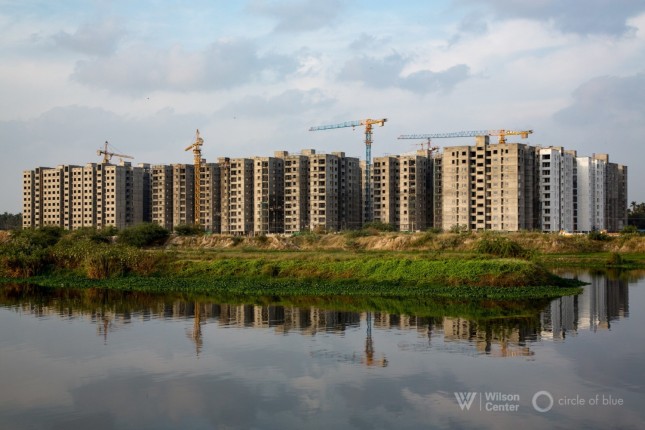-
Lost in Translation: How Building “Strong” Institutions can Diminish Human Security in the Global South
›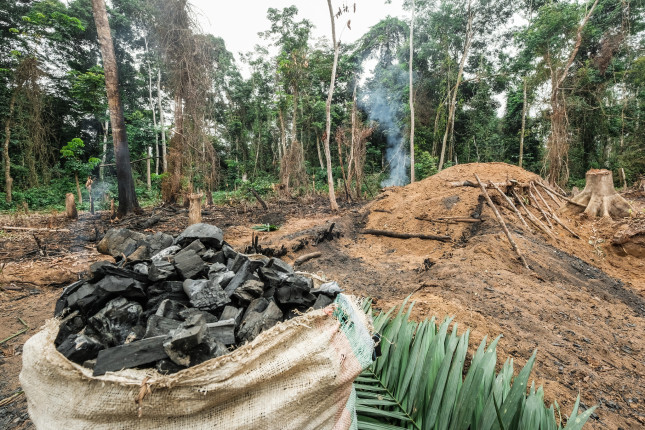
In the Global South, natural resource conflict has largely been considered a consequence of poor governance and weak political institutions. The international community’s solution? Build “green” governance capacity as a way to mitigate violent conflict and improve environmental outcomes. For the international development community, this has meant introducing laws, policies, and practices based on international standards of best practice, and training local regulators to adhere to those standards.
-
Removing Barriers to Family Planning Essential for Conservation, Groups Agree
›
The voluntary use of family planning, among its many benefits, is good for sustaining the healthy ecosystems that support all wild plant and animal species. This should be common sense. If your mission is environmental conservation, you should want to help remove barriers to reproductive health services, so that all women can space wanted pregnancies and avoid unintended ones.
-
When Climate Change Meets Positive Peace
›
Climate change is being increasingly framed as a security issue—a “threat multiplier” that can amplify the risks of breakdowns in peacefulness. Yet, even extreme climate hazards do not always lead to higher levels of violence.
-
High Seas Biodiversity Treaty Would Prioritize Conservation
›
Roughly 20 organizations wield some management authority in the high seas, but none of them have conservation as their core mandate, said Liz Karan, Senior Manager of the Protecting Ocean Life on the High Sea Campaign at the Pew Charitable Trusts. She spoke at a recent Wilson Center event hosted by the Polar Institute and Environmental Change and Security Program. The discussion revolved around aspects of a proposed global treaty on conservation and sustainable use of biodiversity in areas beyond the jurisdiction of any country. “The high seas treaty comes in as an opportunity to put conservation at the focus of the discussion of how we manage the high seas,” said Karan.
-
How Protecting the Antarctic Marine Life Could Help Save the Blue Planet
›
“We are stripping the life away from the blue planet,” said oceanographer, explorer, and author, Sylvia A. Earle. She keynoted a recent event on marine protected areas in Antarctica and the high seas co-hosted by the Wilson Center and The Pew Charitable Trusts with support from the Prince Albert II of Monaco Foundation. “Do we want a planet like Mars?” she said. “Most people would say, ‘I don’t think so. I like to breathe. I like water that falls magically out of the sky. I like having a living planet.’”
-
Redefining Geopolitics in the Age of Electric Vehicles
›
Oil has played a pivotal role in shaping geopolitics for more than a century. But the rise of electric vehicles and shift toward cleaner fuels means that the world’s dependence on oil could begin to shrink, with both expected and unexpected consequences.
-
Want to Ward Off the Apocalypse? Invest in Women’s Health and Rights
›
World population continues to grow. The latest UN projections, released this week, indicate that we will add another 2 billion people to the planet by 2050 and 3 billion by the end of the century. While population growth is ebbing in many countries—and even starting to contract in a few—population growth in some countries remains brisk, if not breakneck.
-
Reservoirs in Parched Chennai, City of Millions, Are Dry. Can Better Forecasting Avert Future Crises?
›
Residents of Chennai, by all accounts, are miserable and anxious. The city’s main reservoirs are dry, depleted by the failure of successive monsoons to provide replenishing rains. The shortfall has crippled the piped distribution network, which is now meeting just half of typical demand through a mix of secondary sources: desalinated water, groundwater, and the impoundments from nearby stone quarries. Even that supply is far from adequate. Piped water reaches households once a week or less. Tanker trucks, an expensive alternative, dole out water by the bucketful to desperate crowds.
Showing posts from category environment.



